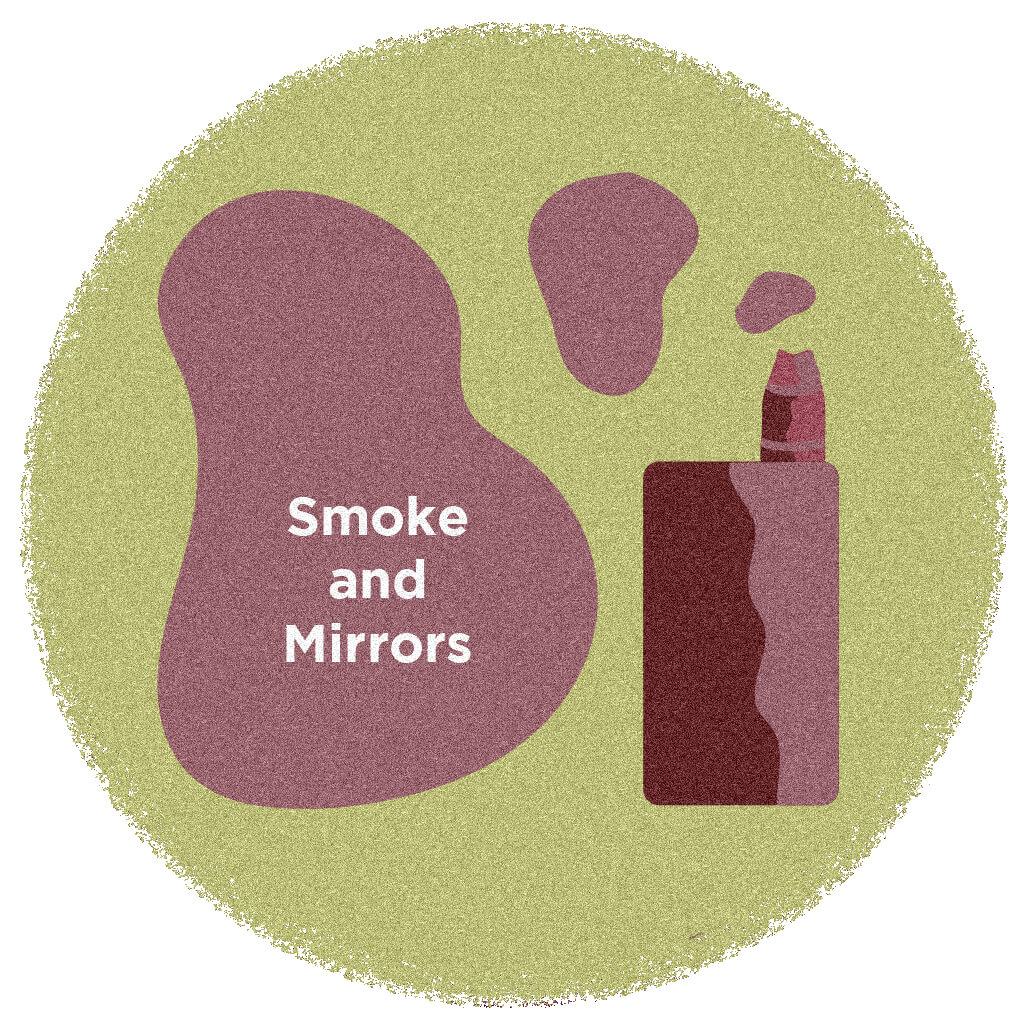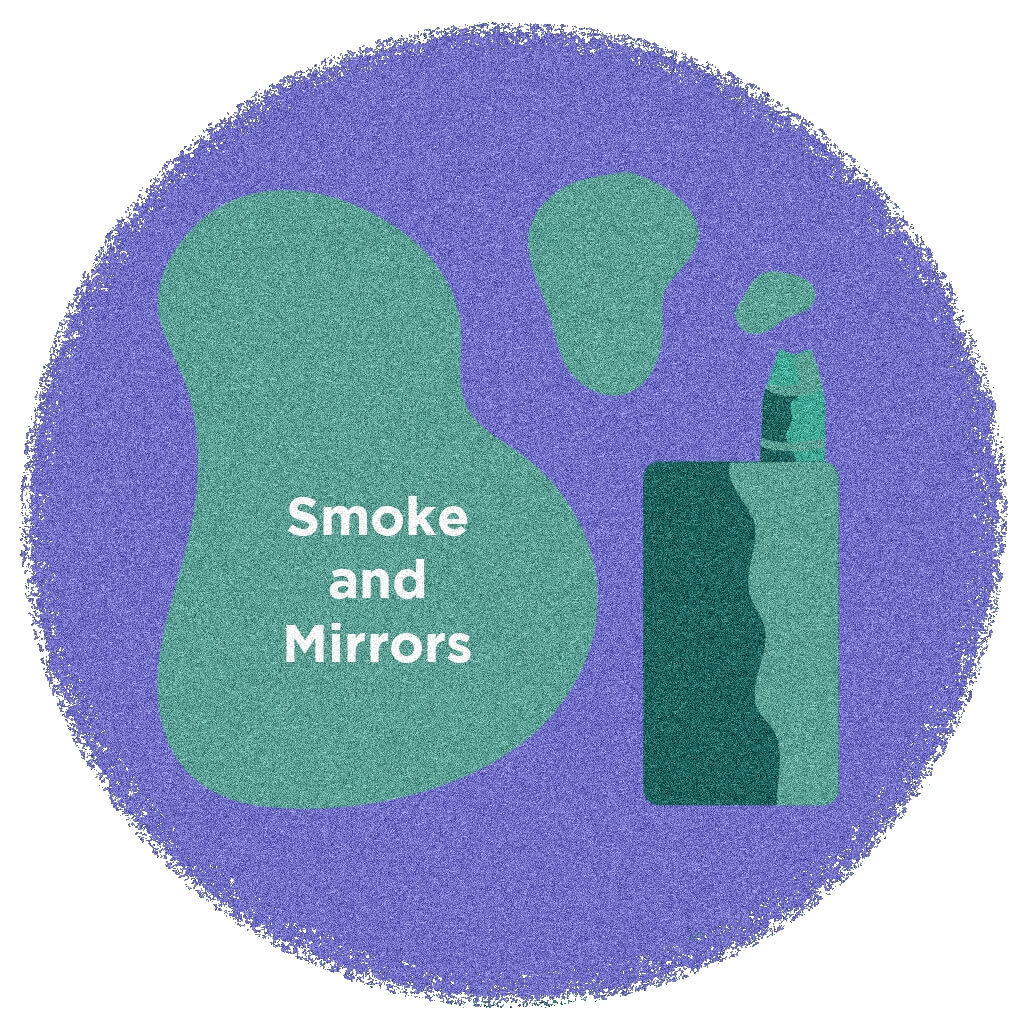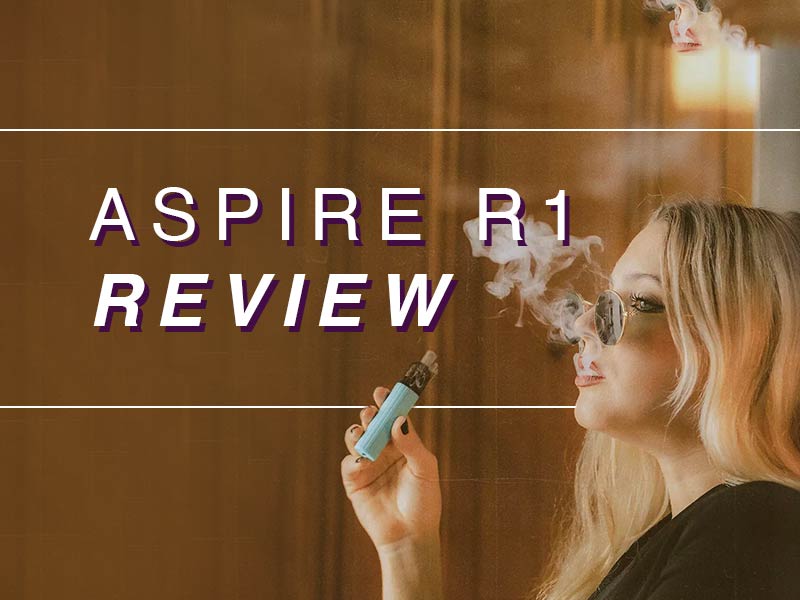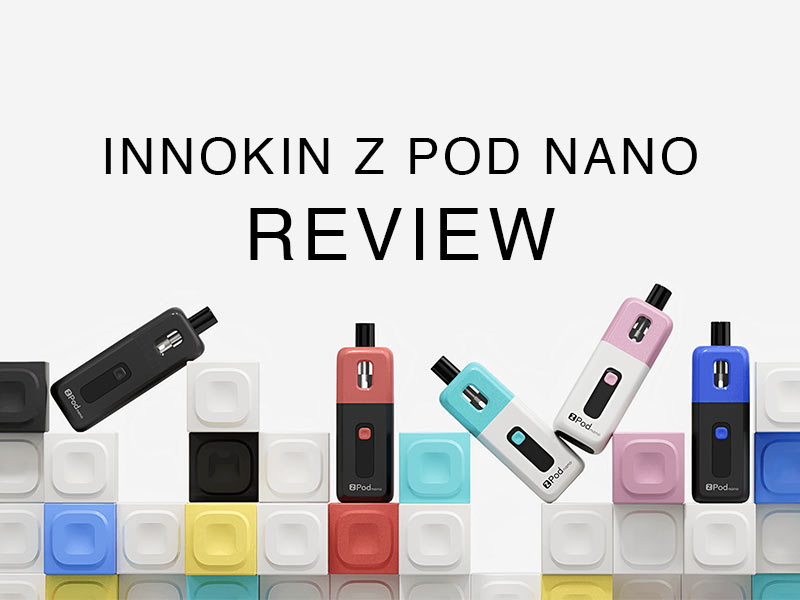
The vaping community continues to be attacked by false science and scaremongering
Introduction
The internet offers anyone and everyone a platform to express their opinions and in this overcrowded “news” landscape, grabbing the attention with a catchy and controversial title seems to be everyone’s favourite strategy. Many websites make their money simply by pushing completely unsubstantiated articles and recently vaping, e-cigarettes, and the vaping community have all been under attack by a slew of media outlets and websites cashing in on this trend.
Vaper or not, I am sure you’ve noticed the horror stories and sensationalised misinformation surrounding vaping that includes dangerous exploding vape batteries, formaldehyde in e-liquids, vaping spreading COVID-19 and even people claiming that vaporizers killed their family members.
Catchy headlines with little to no substance
These stories can sometimes make out that e-cigarettes are more dangerous than smoking which is totally and utterly false; anyone that pushes this narrative is causing direct harm as the controversy can make people hesitant to use e-cigarettes as a tool to quit smoking. The Journal of the American Heart Association published a study claiming that “E-cigarette use is an independent risk factor for having had a myocardial infarction” (ie. e-cigarettes increase the risk factor for having a heart attack). The article used data from the Population Assessment of Tobacco and Health however a close look at this data clearly shows that the heart attacks suffered by the subjects in the study were heart attacks suffered up to a decade before they began to vape. How anyone could knowingly publish this misinformation is beyond me but sadly the damage was done as most people didn’t look into the data, but simply read the title and took it on face value.
Vaping causing ill health or worse
There are also a lot of articles citing instances of deaths due to vaping, however many of these deaths are not down to the vaporizers or inherent harm that all vapes cause, but instead are caused by the e-liquids people are using. One article circulated recently stated that “Vaping nearly killed me” and talks about a British teenager who suffered from lung inflammation, this was blamed on vaping however it was actually an allergy to components of the e-liquid. Saying that vaping is bad because one person had an allergic reaction is like saying eating nuts are bad because one person had an allergic reaction to peanuts.
Perhaps the most damaging instance of sensationalised misinformation is the tragic wave of deaths that occurred in 2019. These deaths made headline news and rightly so, however rather than warning people to the dangers of counterfeit THC and non THC e-liquid, the media jumped on this as an opportunity to tear down vaping as a whole. The New York Times, Washington Post, The Sun and many more all published these articles and although some of these publications corrected themselves and clarified that it was counterfeit/black market THC pods that were causing these deaths, the damage had been done and many people continue to believe that vaping was the cause.
The Centers for Disease Control and Prevention full and detailed report on this matter now clearly demonstrates that by far the vast majority of any deaths or illness was associated with THC, not regular vaping.
“Vaping is a gateway to smoking and drugs” whirrs around the internet like a broken record, and this is simply false, yes non-smokers take up vaping, but generally they stick to vaping and don’t start to smoke. In fact, you can see this as smoking rates among both adults and children in the UK are at record lows which is a testament to the effectiveness of vaporizers as a means of quitting smoking.
Going forward
Although I have gone through a few of the most popular instances of misinformation that surrounds vaping there are countless more examples, and rather than going through each and every one, I think it’s important that we the consumers take a more proactive approach to filtering information. If someone makes a bold or damaging claim, we should approach it with both scepticism and fairness, read beyond the headline, look into their sources, and consider where we are getting your information from as many outlets crank out a million articles a day, hoping that one will stick. We all know Abraham Lincoln’s famous quote “Don’t believe everything you read on the internet” and I cannot stress the importance of asking questions and doing your own research on anything relating to science or health. Through all the controversy surrounding vaping, Public Health England has had a firm stance that e-cigarettes are at least 95% less harmful than tobacco cigarettes, so listen to the credible authorities and don’t take everything in the media at face value.




